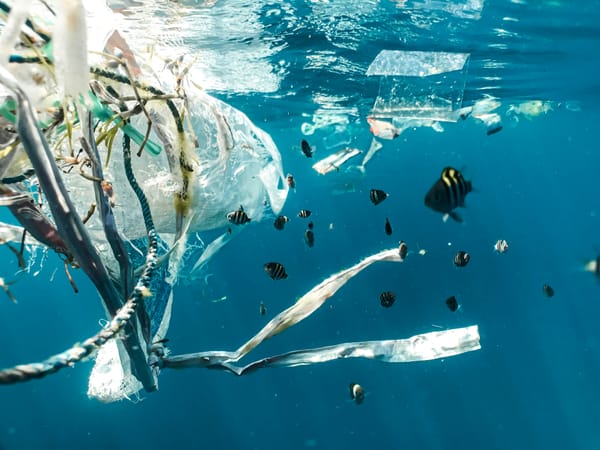
James Cook University
Breakthrough to combat microplastics
James Cook University researchers have achieved a significant breakthrough that allows them to convert microplastics to a highly valuable material.

James Cook University
James Cook University researchers have achieved a significant breakthrough that allows them to convert microplastics to a highly valuable material.
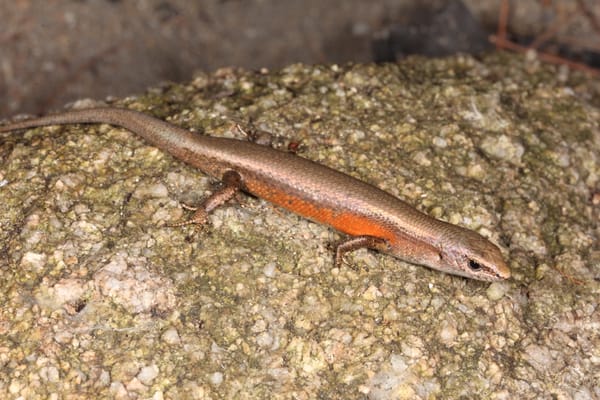
James Cook University
A James Cook University biologist has discovered a new species of lizard on Scawfell Island, a remote island 50km east of Mackay in north Queensland.
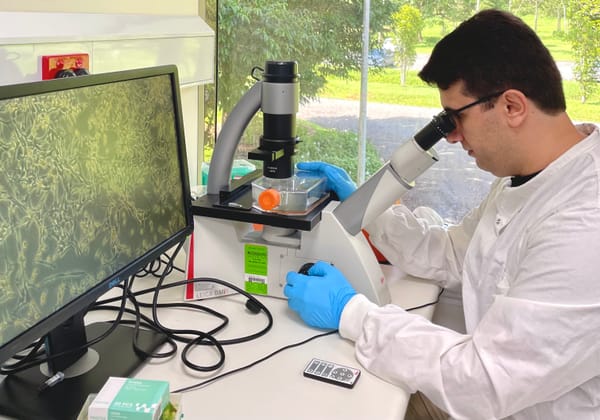
James Cook University
JCU researchers have found particles in popular ‘superfood’ Spirulina that could lead to lead to huge advancements in vaccine production and effectiveness.
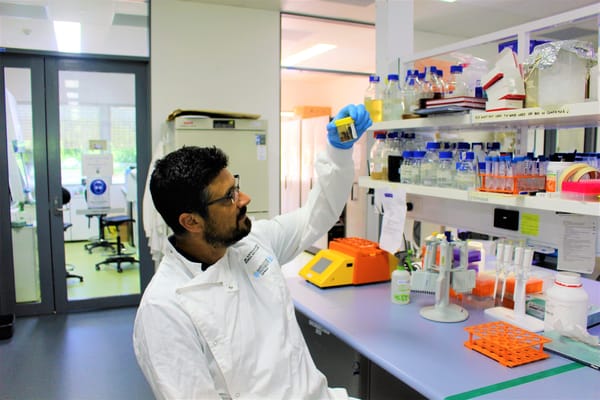
James Cook University
James Cook University researchers will target proteins secreted by hookworm larvae as part of an international effort to develop a game-changing vaccine against the notorious parasite.
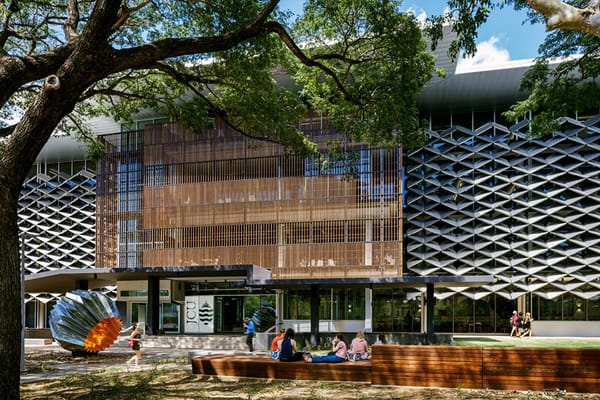
James Cook University
A major new national research centre which aims to set new standards for research and management of Land and Sea Country across Australia is set to be launched in Cairns.
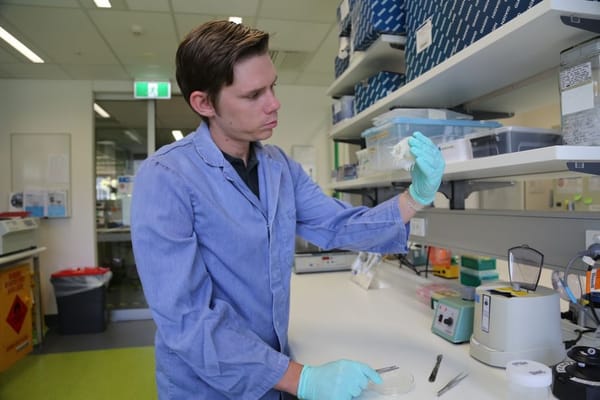
James Cook University
Ground-breaking work by a James Cook University researcher could soon keep swimmers safer, thanks to a revolutionary technology that can track one of the world’s most venomous animals, the Australian box Jellyfish.

James Cook University
Cane farmers could dramatically reduce herbicide costs and Reef run-off thanks to an innovative new crop sprayer project led by James Cook University.
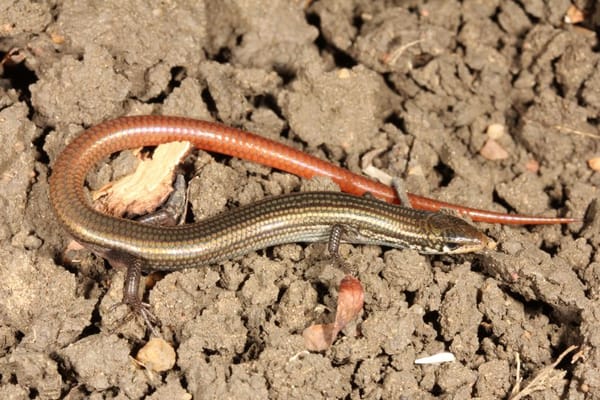
James Cook University
A rare lizard that has eluded scientists for more than 40 years has been found living in north-east Queensland.
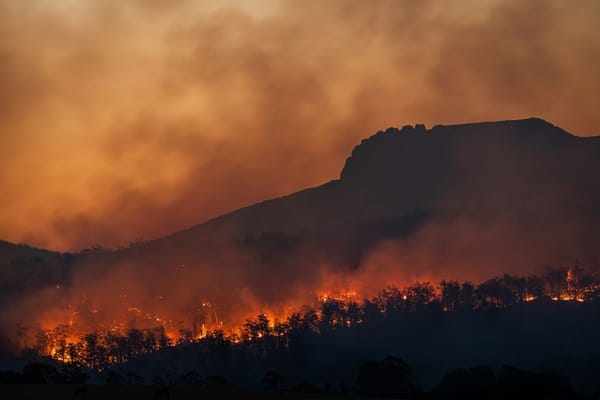
James Cook University
James Cook University researchers have discovered Indigenous fire management in northern Australia was being practiced at least 11,000 years ago – and it has implications for fire management practices today.
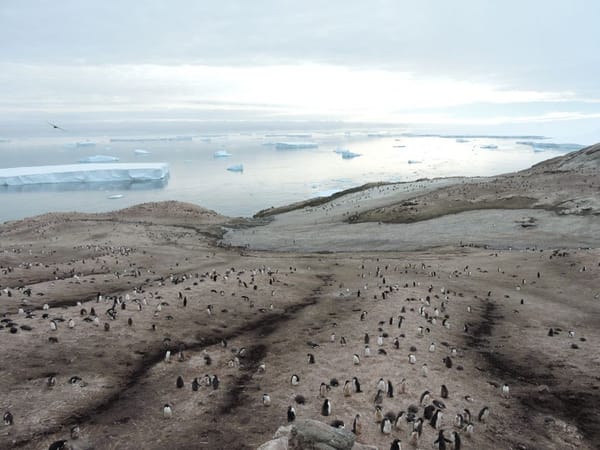
James Cook University
Scientists have used octopus DNA to discover that the West Antarctic Ice Sheet likely collapsed during the Last Interglacial period around 120,000 years ago – when global temperatures were similar to today.
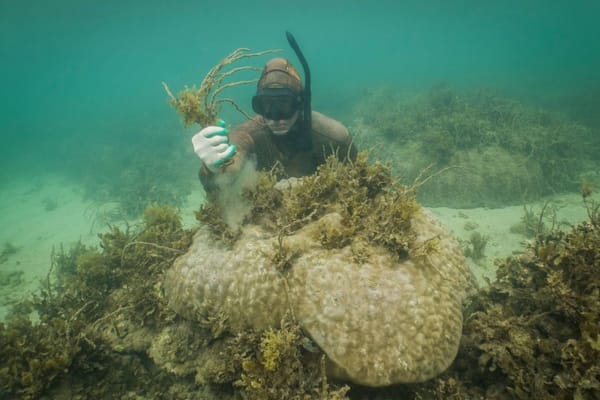
James Cook University
A volunteer seaweed removal program involving citizen scientists has seen a dramatic improvement of up to 600 per cent coral regrowth off the coast of Magnetic Island.